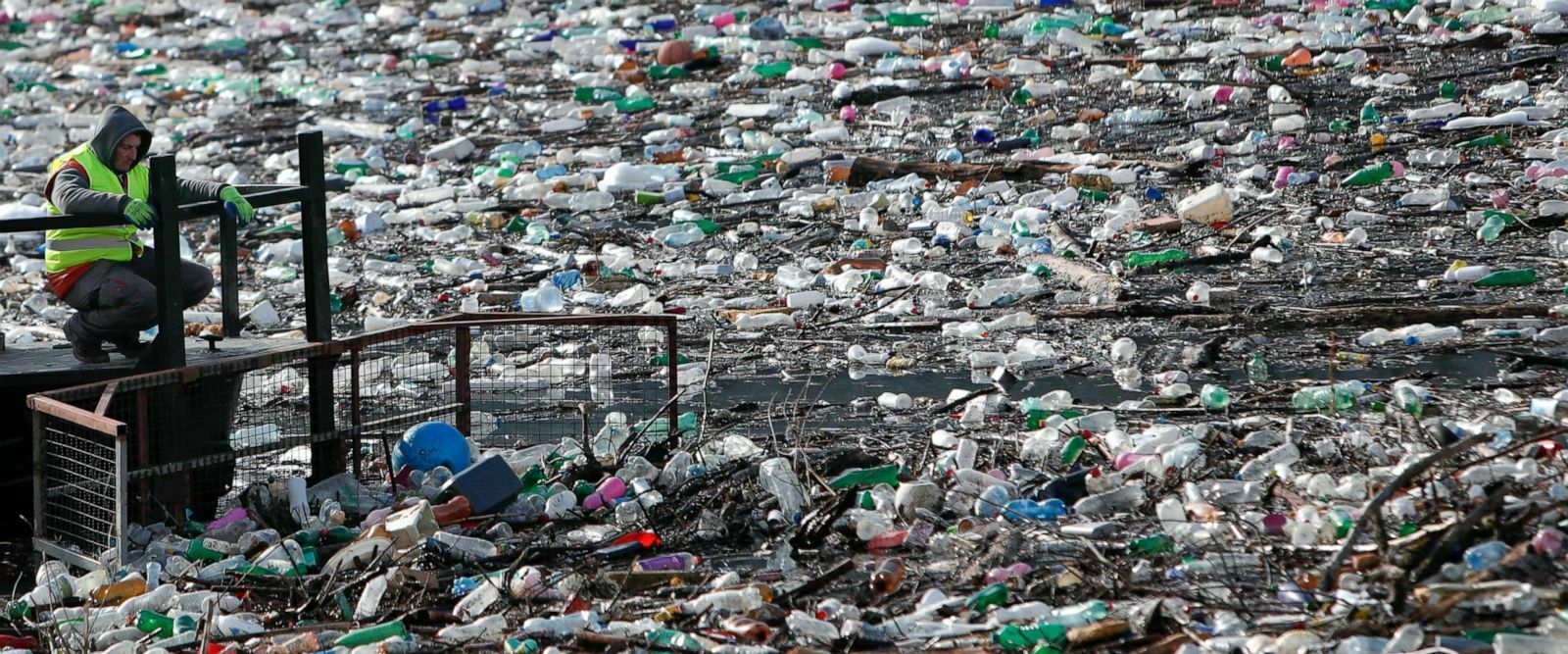7 Likes
1 Comments
1 Shares
Source: https://www.sciencenews.org/article/satellite-space-junk-havoc-stratosphere
#future #climate #environment #warming #waste #pollution #emissions #politics #economy #generation #humanity #scandal #fail #problem #earth #meme #message
♲ Anarchist Art Ⓐ - 2024-11-14 00:24:04 GMT
#meme #energy #waste #microsoft #windows #ai #nuclear #powerplant #future #greenwashing #environment #emissions #earth #climate #fail #economy #scandal #problem #software
Source: https://www.nationalgeographic.com/environment/article/leave-no-trace-science-ecosystem
#environment #nature #waste #trash #humanity #earth #Problem #news
Source: https://www.cahsuesmusk.com
How did this happen? Elon Musk’s SpaceX was building some space thing nearby, and he figured he could just dump his shit all over our gorgeous plot of land without asking. After we caught him, #SpaceX gave us a 12-hour ultimatum to accept a lowball offer for less than half our land’s value. We said, “Go fuck yourself, Elon Musk. We’ll see you in #court.”
#news #ElonMusk #justice #waste #pollution #Problem #economy #environment
Curious as to where the plastic was going, she bought a set of AirTags, and included them in various bags of her plastic recycling. Of the bags she tracked, nearly all of them went to a company called Wright #Waste Management, located in nearby Harris County.
The company is not approved to store plastic waste, and has failed three fire inspections.
#news #crime #fraud #Problem #politics #usa #technology #airtag

by LaFurie [Prisca Munkeni Monnier]
🇨🇩 https://furiephotographe.com/La-Vie-est-Belle


#PriscaMunkeni #LaFurie #PriscaMunkeniMonnier #bodies #waste #trash #design
#junk #material #masks #ornaments #visual #poetry #congo #portrait #photo #recycling #art
#plastic #waste
THE OCEAN VOMITS UP PLASTIC POLLUTION.
The world dumps 2,000 truckloads of plastic into the ocean each day. Here’s where a lot of it ends up
https://www.cnn.com/interactive/2024/04/climate/plastic-pollution-ocean-cnnphotos/

#plastic #waste
PLASTIC GARBAGE IS US.
10 Countries Producing the Most Plastic Waste
https://www.greenmatch.co.uk/blog/10-countries-producing-most-plastic-waste
Source: https://www.theguardian.com/us-news/2024/feb/15/recycling-plastics-producers-report
#news #economy #pollution #capitalism #problem #waste #plastic #microplatic #environment #nature #manipulation #propaganda
https://www.bitchute.com/video/oXVU7kTTjyjT/
#Ghana. A Week in a #Toxic #Waste Dump
Reggie heads to Ghana to live on one of the largest #e-waste dumps in the #world – Accra’s notorious Agbogbloshie. Working with a group of “burner boys”, grafting at the bottom of the ladder, Reggie discovers first-hand what life is like for the people who eek out a living on the site. Dumping e-waste is illegal and the chemicals in the soil in Agbogbloshie mean it has been described as “the most toxic place on earth”. But can we really be complicit in creating it?
https://www.theguardian.com/commentisfree/2024/mar/18/britain-toxic-chemical-dump-brexit-europe
#ecology #environment #disinformation #plastic #recycling #pollution #waste #guardian ">‘They lied’: plastics producers deceived public about recycling, report reveals | Recycling | The Guardian
Modi proves himself ultra waste again. With supercomputers, statisticians , intelligent services at his disposal he failed to predict surge in garlic prices and failed to control it.
He is only fit to attend functions, temples, fly abroad and have a retired life.
Almost 60 years after British #nuclear tests ended, #radioactive particles containing plutonium and uranium still contaminate the landscape around #Maralinga in #outback South Australia.
#military #waste #Britain #uk #environment contamination #problem #fail #history